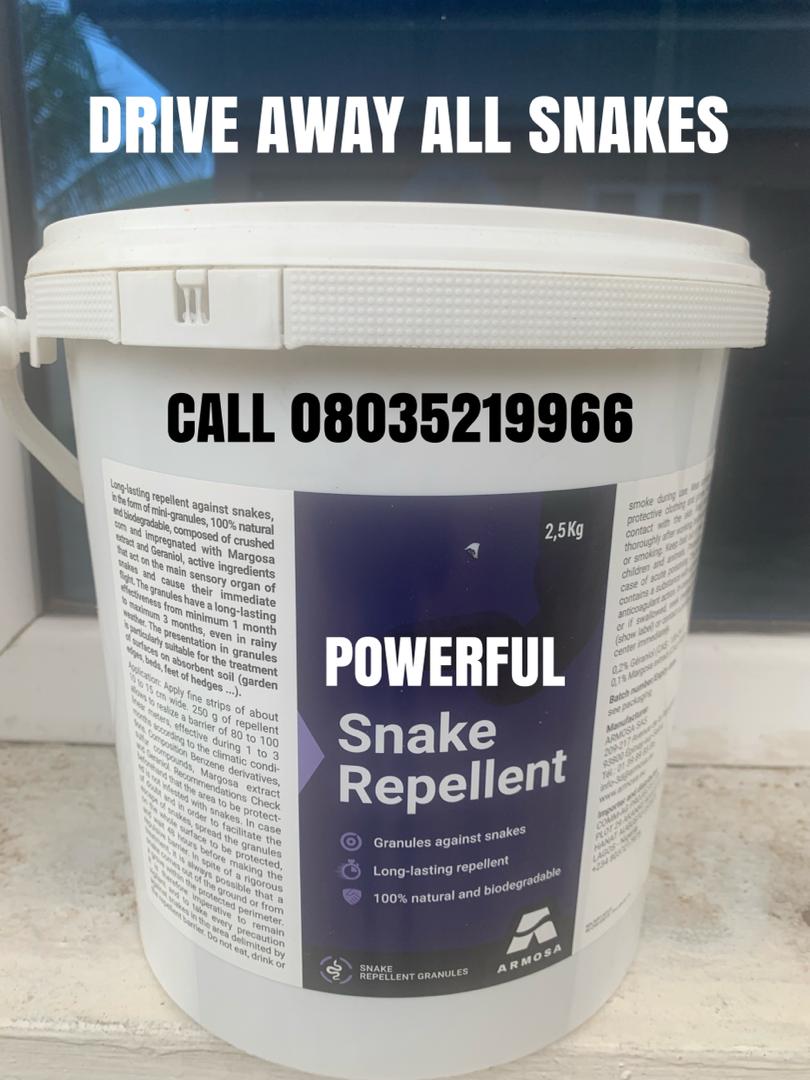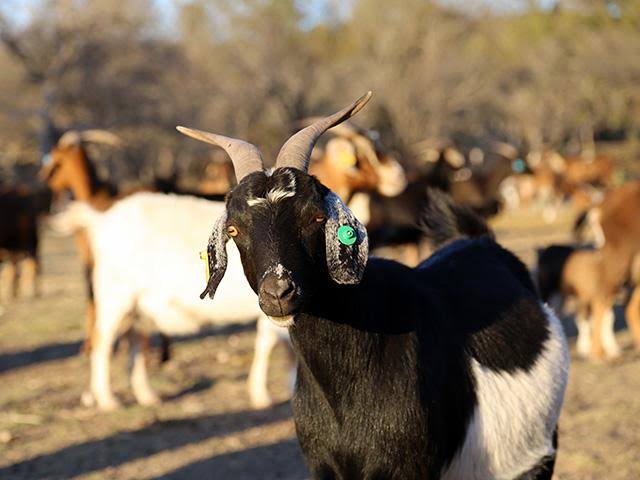🔥E- book offer of the day: 👉👉 Buy Sheep and Goatz Farming Business Report
21 facts about sheep and goats worms that every small ruminants farmer should know
 Learn More
Learn More1. Sheep and goats are susceptible to various gastrointestinal worms, including stomach worms and intestinal worms.
2. Common worm species affecting sheep and goats include Haemonchus contortus, Teladorsagia circumcincta, and Trichostrongylus colubriformis.
3. Worm infestations can result in weight loss, anemia, and decreased productivity in sheep and goats.
4. Grazing on contaminated pastures is a common mode of worm transmission in sheep and goats.
5. Rotational grazing and pasture management can help reduce the risk of worm infections in small ruminants.
6. Worm larvae can survive on pasture, posing a persistent threat to sheep and goats.
7. Haemonchus contortus, also known as the barber pole worm, is a blood-sucking parasite that can cause severe anemia in small ruminants.
8. Regular fecal testing is essential for diagnosing and monitoring worm infections in sheep and goats.
READ ALSO 10 signs of a diseased sheep and goats herd
9. Deworming medications, including anthelmintics, are commonly used to treat and prevent worm infestations.
10. Strategic deworming, based on the specific needs of the flock or herd, helps minimize the development of resistance.
Don’t wait – buy this captivating ebook right away.👉👉 Poultry farming business report Volume 5
11. Grazing systems that include browsing (for goats) and mixed species grazing can help break the life cycle of certain worm species.
12. Internal parasites in sheep and goats can impact reproductive success, leading to lower lambing or kidding rates.
13. Young animals are more susceptible to worm infections, and proper management practices are crucial to support their health.
14. Overcrowded living conditions and poor sanitation increase the risk of worm transmission among sheep and goats.

15. Some breeds may exhibit varying levels of resistance to specific worm species.
Invest in this knowledge-packed ebook promptly. 👉 20 questions to ask your poultry farm manager everyday
16. Nutrition plays a role in the resilience of small ruminants against worm infections; well-fed animals may cope better.
17. Vaccines for certain types of worm infections in sheep and goats are being researched as additional tools for parasite control.
READ ALSO 10 signs of a diseased cattle herd
18. Copper oxide wire particles (COWP) can be used as a supplemental treatment for certain types of worm infections in sheep and goats.
19. Quarantine measures for new animals can help prevent introducing worms into a flock or herd.
ATTENTION: Click “HERE” to join our WhatsApp group and receive More updates directly on your WhatsApp!
20. Integrated parasite management approaches, combining various control strategies, are effective in reducing the reliance on chemical dewormers.
21. Collaborating with a veterinarian and practicing good biosecurity measures contribute to successful sheep and goat worm control programs.
🧩CREATED BY DR JOSEPH DEJI-FOLUTILE















